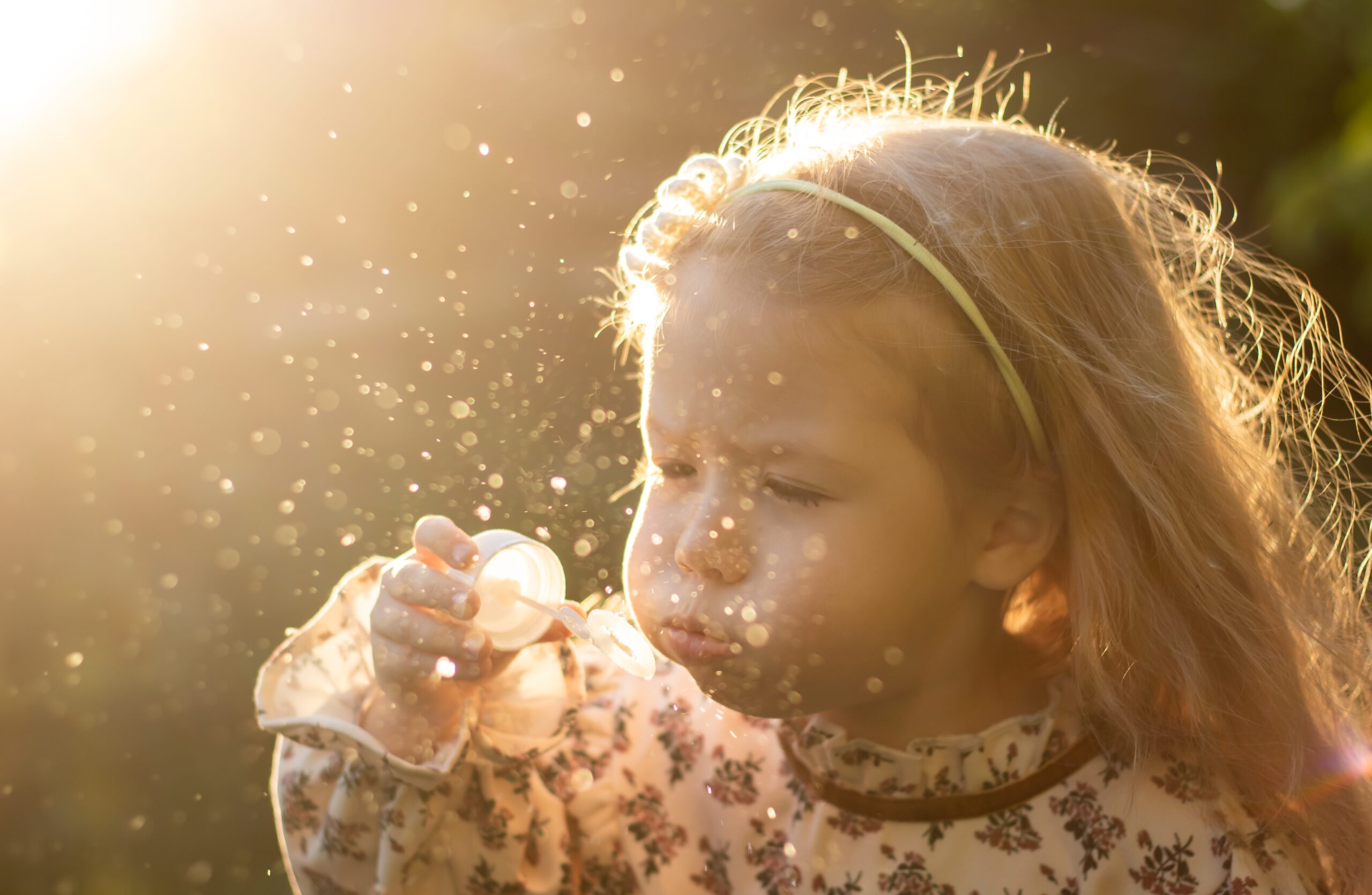As the chilly grip of winter loosens its hold, nature begins to awaken, and with it comes the vibrant burst of spring. However, for many children, the arrival of spring also signals the onset of seasonal allergies, particularly those triggered by pollen. Understanding the dynamics of spring allergies, especially in relation to children, is crucial for parents and caregivers to ensure their little ones can enjoy the season to its fullest. In this blog post, we delve into the world of spring allergies, focusing on pollen and its effects on children.
The Impact of Spring Allergies on Children
Spring allergies, often referred to as hay fever or allergic rhinitis, can significantly impact children’s quality of life. Symptoms typically include sneezing, itching, runny or stuffy nose, watery eyes, and even fatigue. These symptoms can interfere with children’s ability to concentrate in school, participate in outdoor activities, and get a good night’s sleep.
Understanding Pollen
Pollen is a fine powder produced by plants, including trees, grasses, and weeds, as part of their reproductive process. While pollen serves a vital role in plant reproduction, it can wreak havoc on individuals with allergies. When pollen is released into the air, it can be inhaled or come into contact with the eyes and nasal passages, triggering allergic reactions in susceptible individuals, including children.
Types of Pollen
Several types of pollen are prevalent during the spring months, depending on geographic location and local flora. Common spring allergies include:
- Tree Pollen: Trees such as oak, birch, maple, and cedar are among the primary sources of spring pollen.
- Grass Pollen: Grasses like Bermuda grass, ryegrass, and Timothy grass release pollen during the spring and summer months.
- Weed Pollen: Weeds such as ragweed, nettle, and plantain can also contribute to spring allergies, particularly as temperatures warm up.
Managing Spring Allergies in Children
While spring allergies can pose challenges for children, there are several strategies parents can employ to help alleviate symptoms and improve their child’s comfort during allergy season:
- Monitor Pollen Counts: Keep track of pollen counts in your area and plan outdoor activities accordingly. Pollen counts are often highest in the morning and on windy days.
- Limit Outdoor Exposure: Encourage children to stay indoors during peak pollen times, especially when pollen counts are high.
- Use Air Filters: Consider using high-efficiency particulate air (HEPA) filters in your home to trap pollen and other allergens.
- Keep Windows Closed: Keep windows and doors closed during peak pollen season to prevent pollen from entering your home.
- Practice Good Hygiene: Encourage children to wash their hands and change their clothes after outdoor activities to remove pollen residue.
Consulting a Healthcare Professional
If your child suffers from severe spring allergies, it’s essential to consult a healthcare professional. They can provide personalized recommendations and may prescribe medications such as antihistamines, nasal corticosteroids, or allergy shots to help manage symptoms effectively.
Conclusion
Spring allergies, fueled by pollen, can present challenges for children as they embrace the joys of the season. By understanding the triggers and implementing practical strategies to minimize exposure, parents can help their children enjoy spring while keeping allergy symptoms at bay. By staying proactive and seeking guidance from healthcare professionals when needed, families can navigate springtime with confidence and ensure that allergies don’t dampen the spirit of the season for their little ones.
Blossoming Health: Expert Tips for Managing Pollen Allergies in Children at Bee Home Pediatrics
As we immerse ourselves in the beauty of spring, it’s crucial to remain mindful of the potential challenges posed by pollen, especially for children susceptible to allergies. Understanding pollen and its effects is the first step toward ensuring our little ones can enjoy the season to its fullest.
For personalized guidance and expert advice on managing pollen allergies in children, consider reaching out to Dr. Margie Diaz-Ochu at Bee Home Pediatrics. With Dr. Diaz-Ochu’s expertise and compassionate care, you can navigate springtime allergies with confidence, empowering your child to thrive despite seasonal challenges.
To schedule an appointment or learn more about our services, please contact 435-513-PEDS or visit my website. Together, let’s embrace spring safely and ensure that pollen allergies don’t hinder our children’s joy and well-being.

